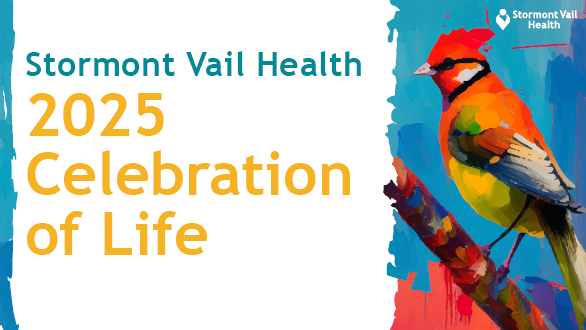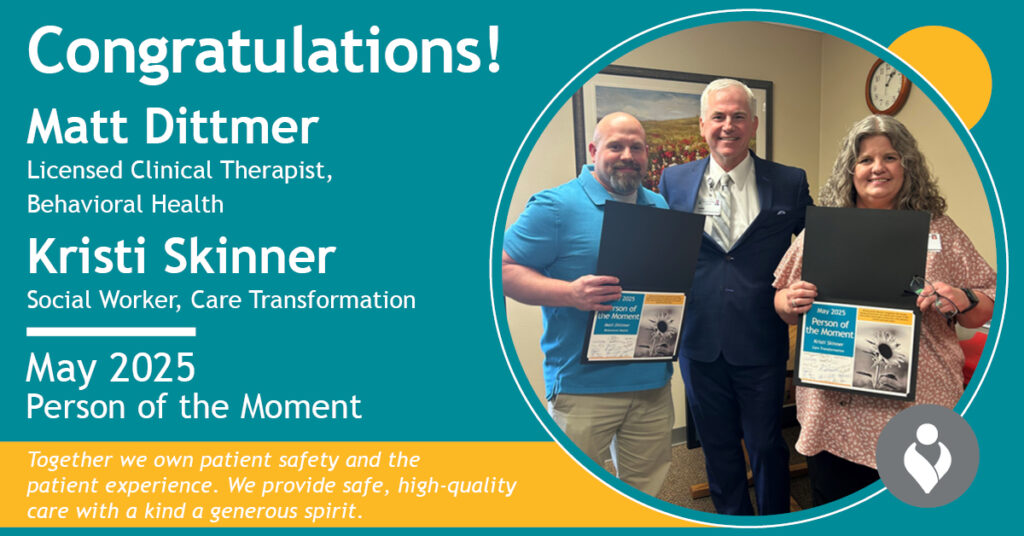Newsworthy
National Colorectal Cancer Awareness Month
In 2018, comic book fans and movie lovers alike crowded into theaters to see Black Panther, the 18th film in the Marvel Cinematic Universe. We watched and cheered as T’Challa fought for his title of King of Wakanda. In no time at all, the movie became a cultural phenomenon and Chadwick Boseman and his character, Black Panther, became an inspiration.
Sadly, two years after the release of Black Panther, the world was shocked by the news that actor Chadwick Boseman had lost his battle with colon cancer. We struggled to wrap our heads around the fact that even superheroes aren’t safe from cancer.
March is National Colorectal Cancer Awareness Month, and we’d like to take time to discuss what colorectal cancer is and educate on some of the ways it can be prevented.
What is colorectal cancer?
Colorectal cancer is the third leading cause of cancer-related deaths in the United States. The American Cancer Society estimates for the number of colorectal cases in the U.S. for 2021 will be around 104,270 new cases of colon cancer and 45,230 new cases of rectal cancer.
Colon cancer typically affects older adults, however in the past decade, incidences among young adults are on the rise. It usually begins as small clumps of precancerous cells called polyps that form on the inside of the colon. Over time, these polyps can grow to become colon cancers.
What are the symptoms?
Signs and symptoms of colon cancer include:
- A persistent change in bowel habits, including diarrhea or constipation or change in stool consistency
- Rectal bleeding/bloody stool
- Persistent abdominal discomfort, including gas, cramps or pain
- Feeling that bowel doesn’t empty completely
- Weakness or fatigue
- Unexplained weight loss
Many people with colon cancer experience no symptoms in the early stages of the disease. Symptoms typically appear depending on the cancer’s size and location in the large intestine.
What are the causes?
The exact cause of most colon cancers are still unknown. However, in general, colon cancer begins when healthy cells in the colon develop changes (mutations) in their DNA. Healthy cells grow and divide in an orderly way to keep our bodies functioning normally. But when a cell’s DNA is damaged and becomes cancerous, cells continue to divide – even when new cells aren’t needed. As the cells accumulate, they form a tumor.
With time, cancer cells can grow to invade and destroy nearby normal tissue. Cancerous cells can travel to other parts of the body to form deposits (metastasis).
How can you prevent colorectal cancer?
If you have any of the symptoms listed above, regardless of your age, you should seek medical opinion with your primary care doctor or discuss with a Gastroenterologist to see if a colonoscopy would be needed to investigate further.
Screening colon cancer
For those who have none of the symptoms listed above, doctors and health care specialists recommend people consider starting colon cancer screening around the age of 45. However, people with an increased risk (such as those with a family history of colon cancer) should consider screening sooner.
Cotton O’Neil Digestive Health provides a variety of screenings to help us diagnose colon issues, including colonoscopy and small bowel capsule endoscopy.
Lifestyle changes
You can take steps to reduce your risk of colon cancer by making changes in your everyday life. These changes include:
- Eating a variety of fruits, vegetables and whole grains.
- Drinking alcohol in moderation.
- Abstaining from tobacco use.
- Exercising for at least 30 minutes a day.
- Maintaining a healthy weight.
In his death, Chadwick Boseman has become an inspiration and an icon akin to his character Black Panther. This National Colorectal Cancer Awareness Month, honor his memory by taking the necessary steps to ensure your health. Talk to your doctor about any concerns or symptoms you may have. If you are 50 years or older, schedule a colonoscopy by calling (785) 270-4800.
Learn more about the many ways the experts at the Cotton O’Neil Digestive Health Center can help empower your health.
Remember, it’s not embarrassing if it saves your life.




